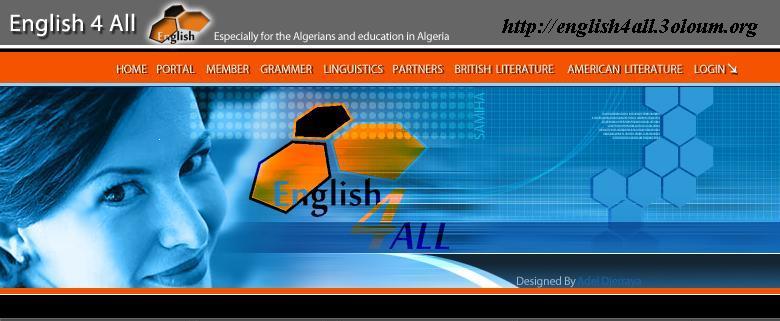
The English language is in ever increasing demand throughout the world. Knowledge of the English language and the ability to use this language is rapidly becoming a valuable global commodity.
At present there is a great worldwide desire to communicate in English and, as a result, there is a huge demand for trained and skilled teachers of English. The standard, international qualification required is a TEFL certificate or TESOL certificate. With this qualification you are able to put your English skills to good use and to find employment throughout the world.
TEFL International’s TEFL certificate courses provide you with all the necessary skills and training to be an effective teacher and to find a suitable teaching position.
What is TEFL/TESOL?The above question is probably the one we find ourselves answering the most. The use of these acronyms (amongst others) can be rather confusing, especially as they are frequently used interchangeably. Below is a list of definitions which, hopefully, should clarify their meanings:
TEFL - Teaching English as a Foreign Language.This term is predominantly used when English is being taught in a country where it isn't the native language (for example teaching English to Spanish people in Spain).
TESL - Teaching English as a Second Language.This is where English is being taught to non-native speakers of English in a country where it is the native language (for example teaching emigrants to the UK/USA).
TESOL - Teaching English to Speakers of Other Languages.This term theoretically encompasses both of the above.
ELT - English Language Teaching.This term is mainly used by institutions in the U.K.
Whilst there are slight differences in theory, these terms are often used interchangeably. It should not make any real difference to your future career and job prospects whether you receive a TEFL certificate or a TESOL certificate.



